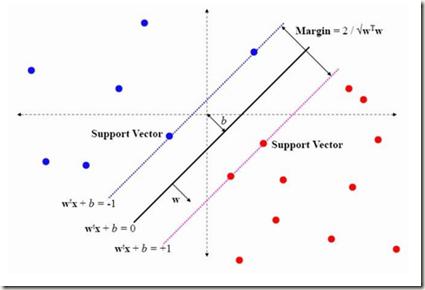Emotion has a significant influence on how one thinks and interacts with others. It serves as a link between how a person feels and the actions one takes, or it could be said that it influences one's life decisions on occasion. Since the patterns of emotions and their reflections vary from person to person, their inquiry must be based on approaches that are effective over a wide range of population regions. To extract features and enhance accuracy, emotion recognition using brain waves or EEG signals requires the implementation of efficient signal processing techniques. Various approaches to human-machine interaction technologies have been ongoing for a long time, and in recent years, researchers have had great success in automatically understanding emotion using brain signals. In our research, several emotional states were classified and tested on EEG signals collected from a well-known publicly available dataset, the DEAP Dataset, using SVM (Support Vector Machine), KNN (K-Nearest Neighbor), and an advanced neural network model, RNN (Recurrent Neural Network), trained with LSTM (Long Short Term Memory). The main purpose of this study is to improve ways to improve emotion recognition performance using brain signals. Emotions, on the other hand, can change with time. As a result, the changes in emotion over time are also examined in our research.
翻译:暂无翻译




